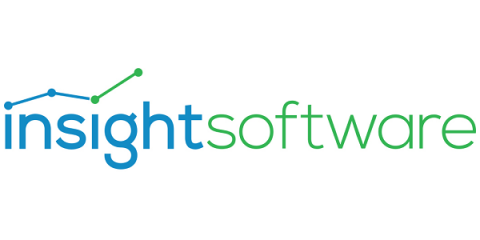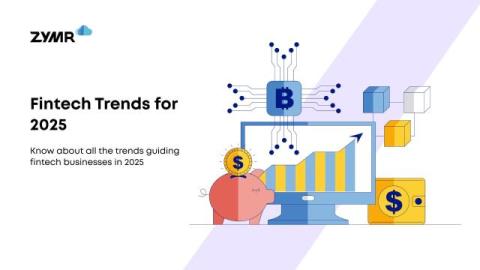insightsoftware Featured in the 2024 Gartner Magic Quadrant for Financial Planning Software
We’re thrilled to announce that insightsoftware has been recognized in the Gartner Magic Quadrant for Financial Planning Software for the second year in a row! This continued recognition highlights our unwavering commitment to helping CFOs and their teams tackle budgeting and planning challenges with confidence.










